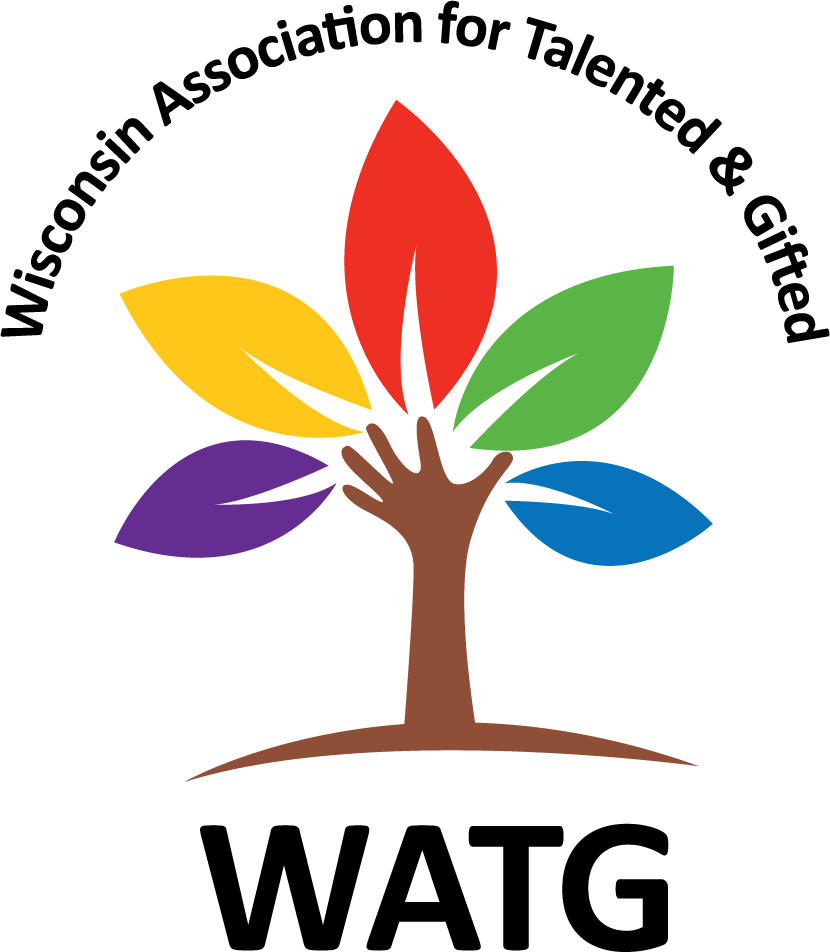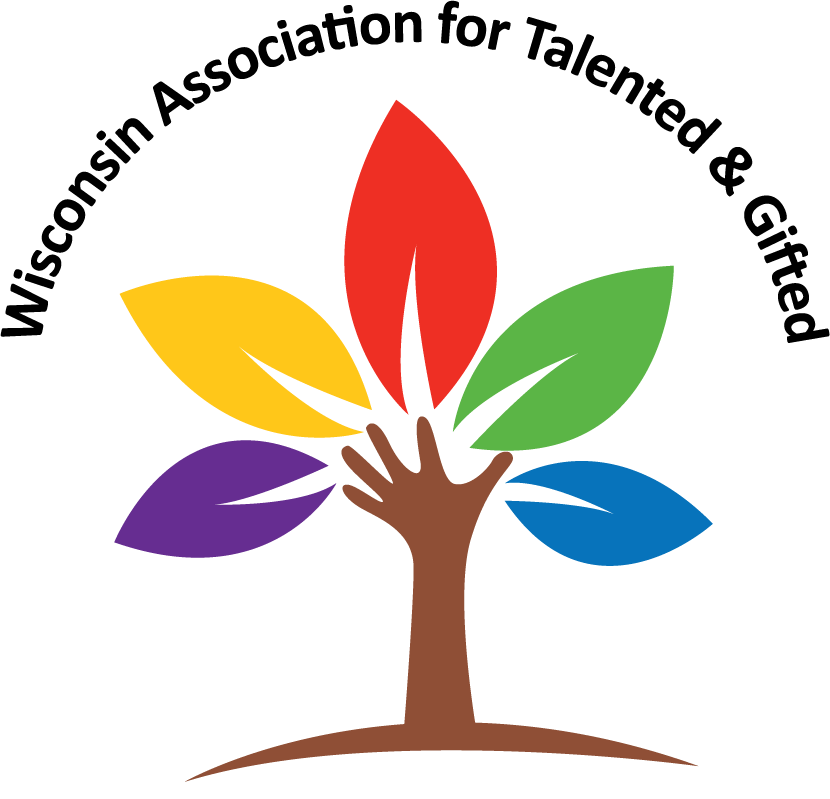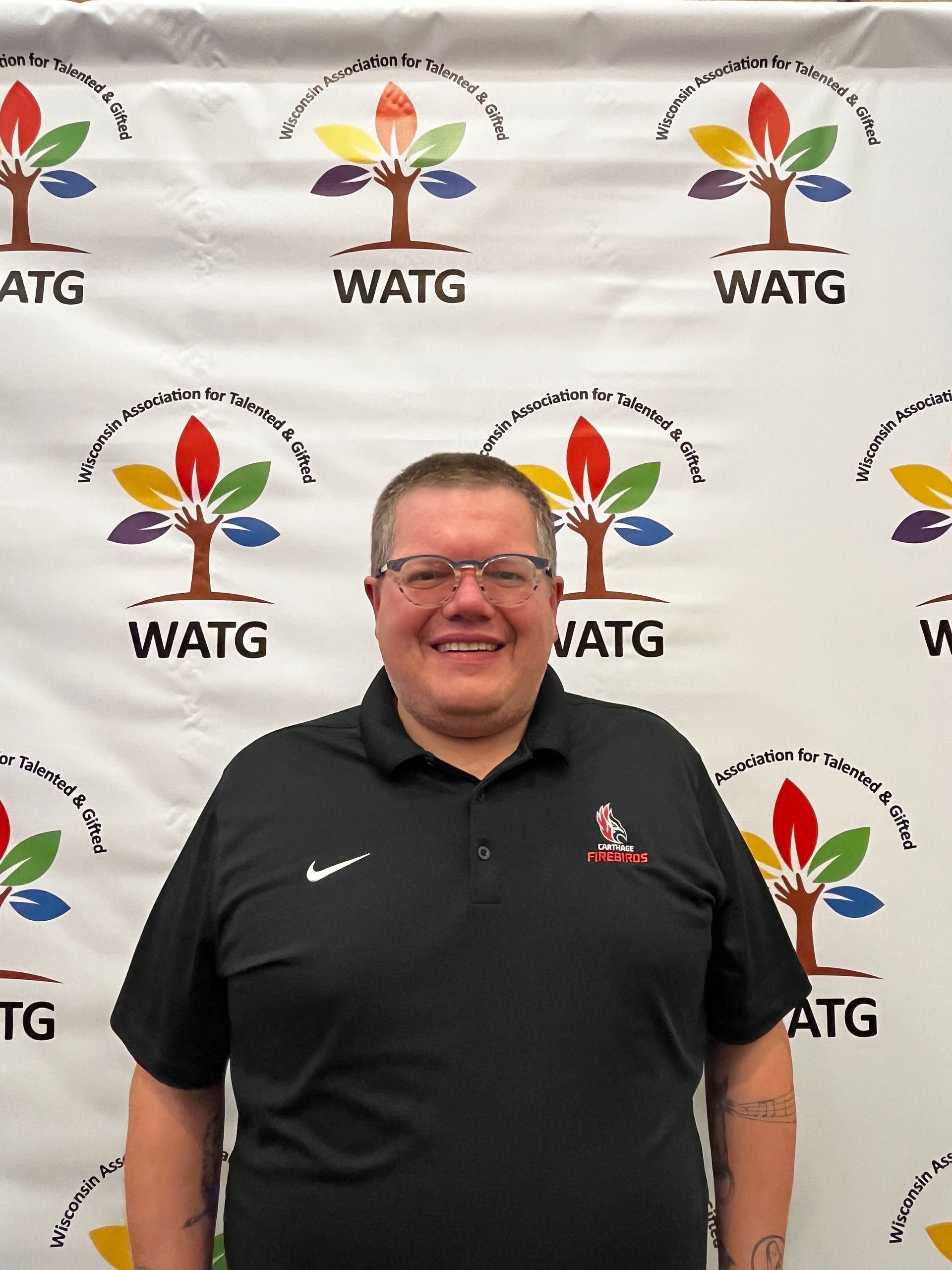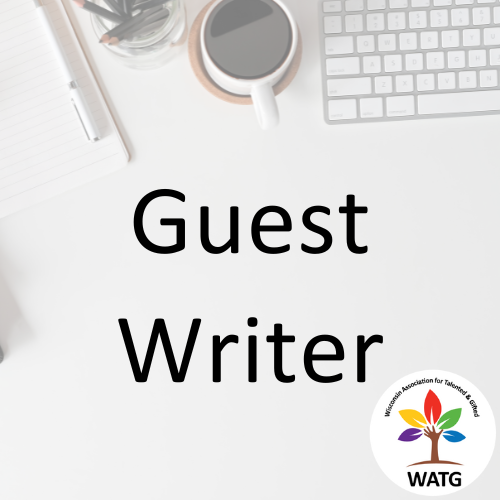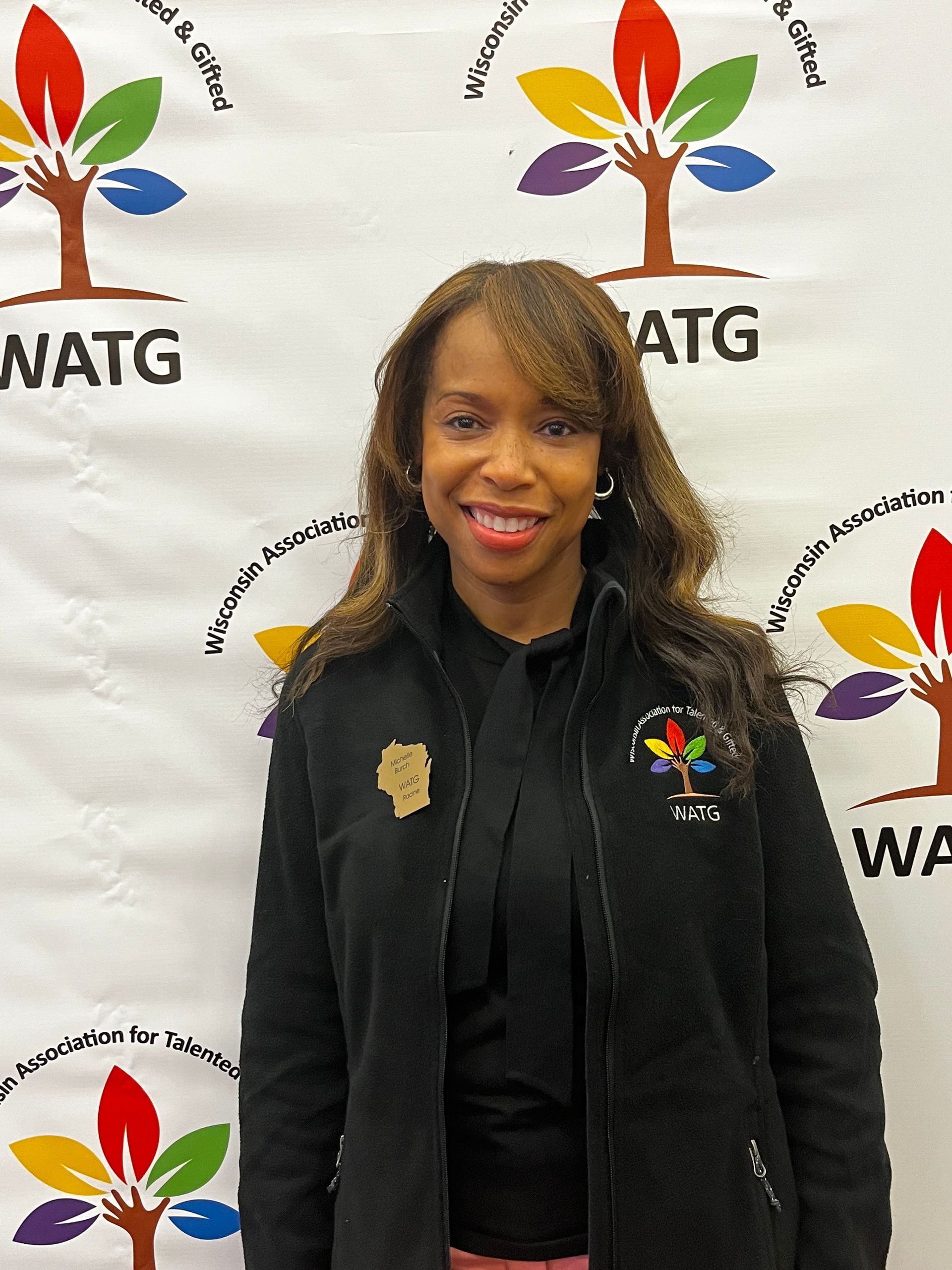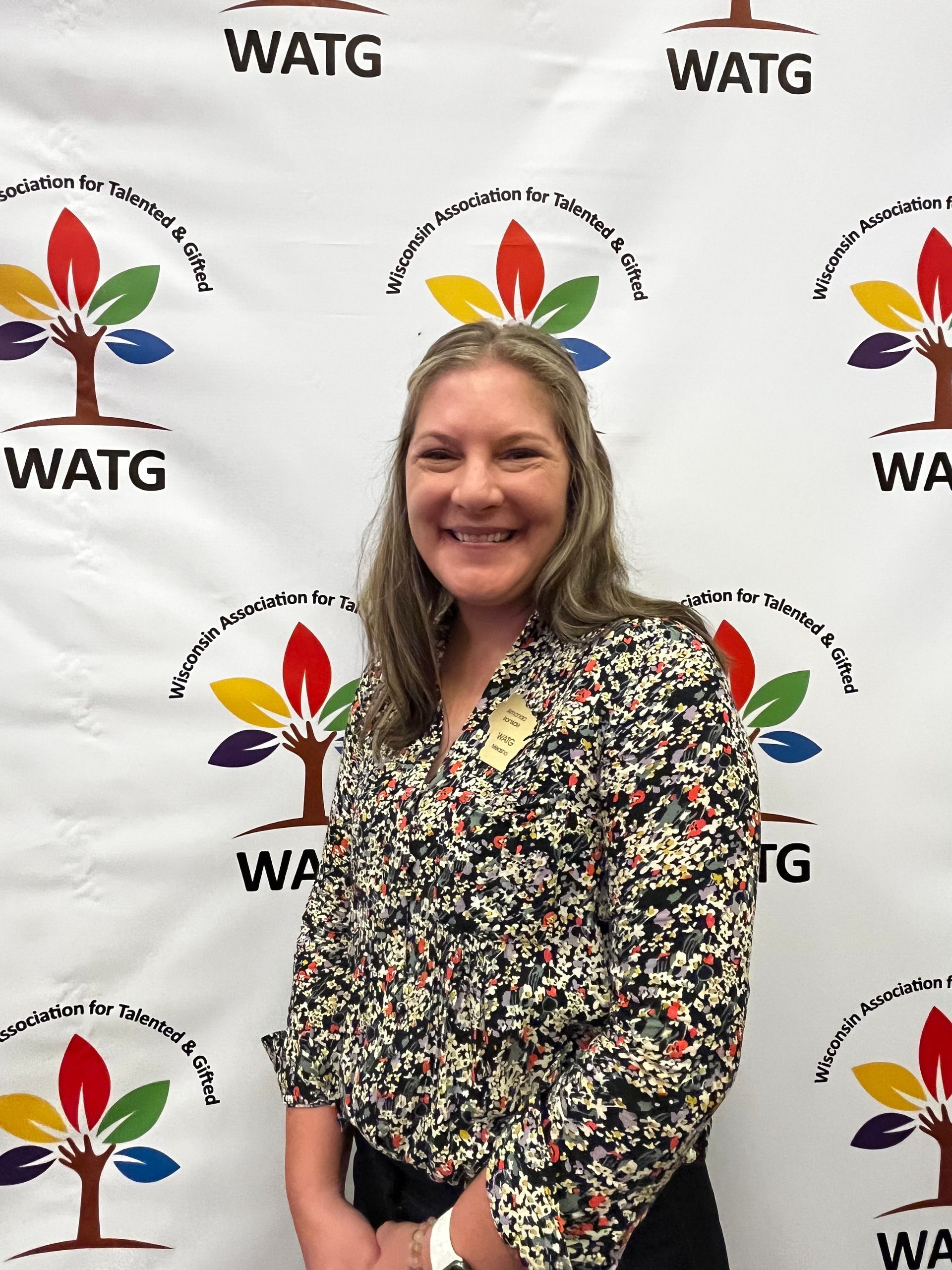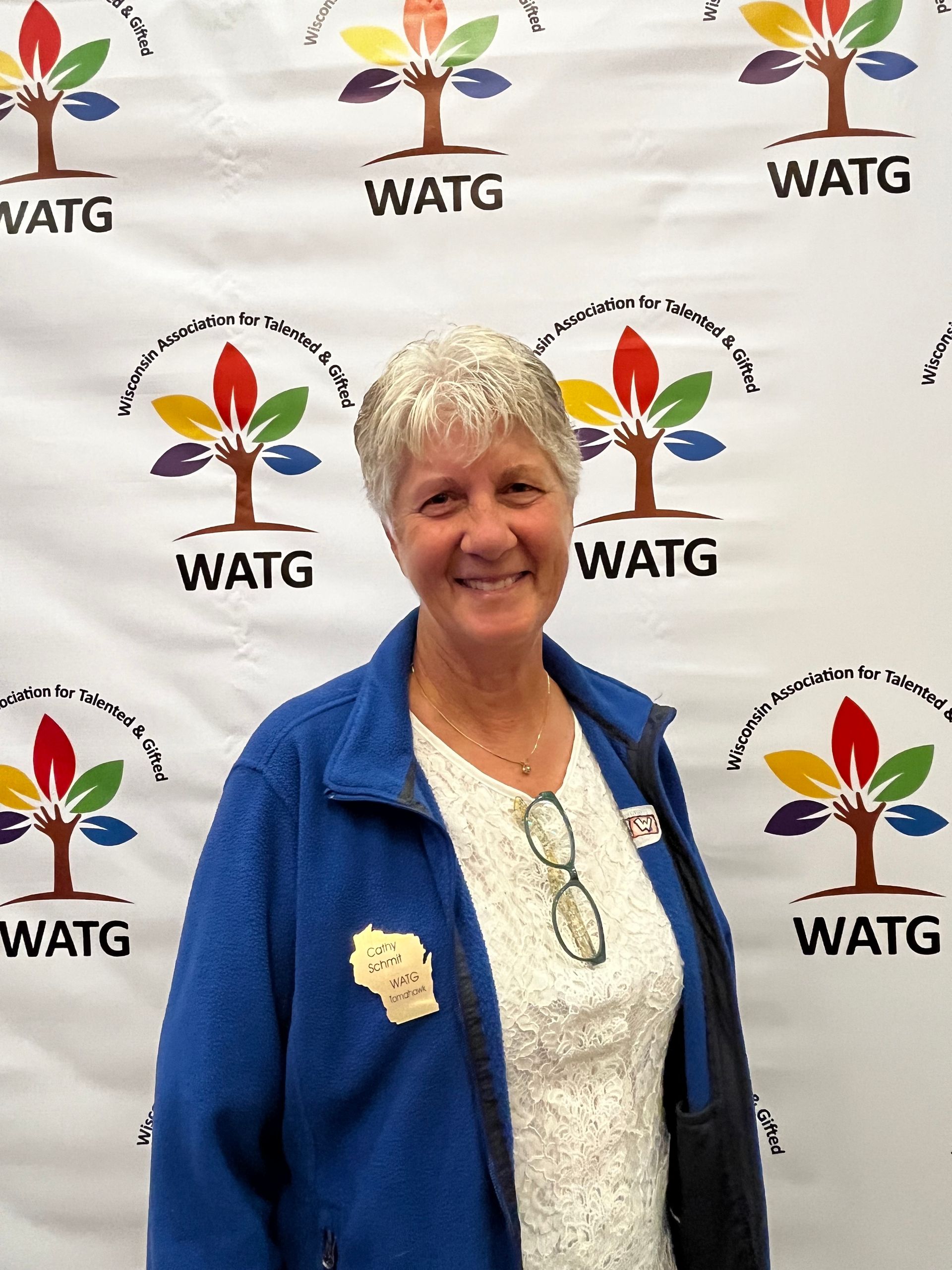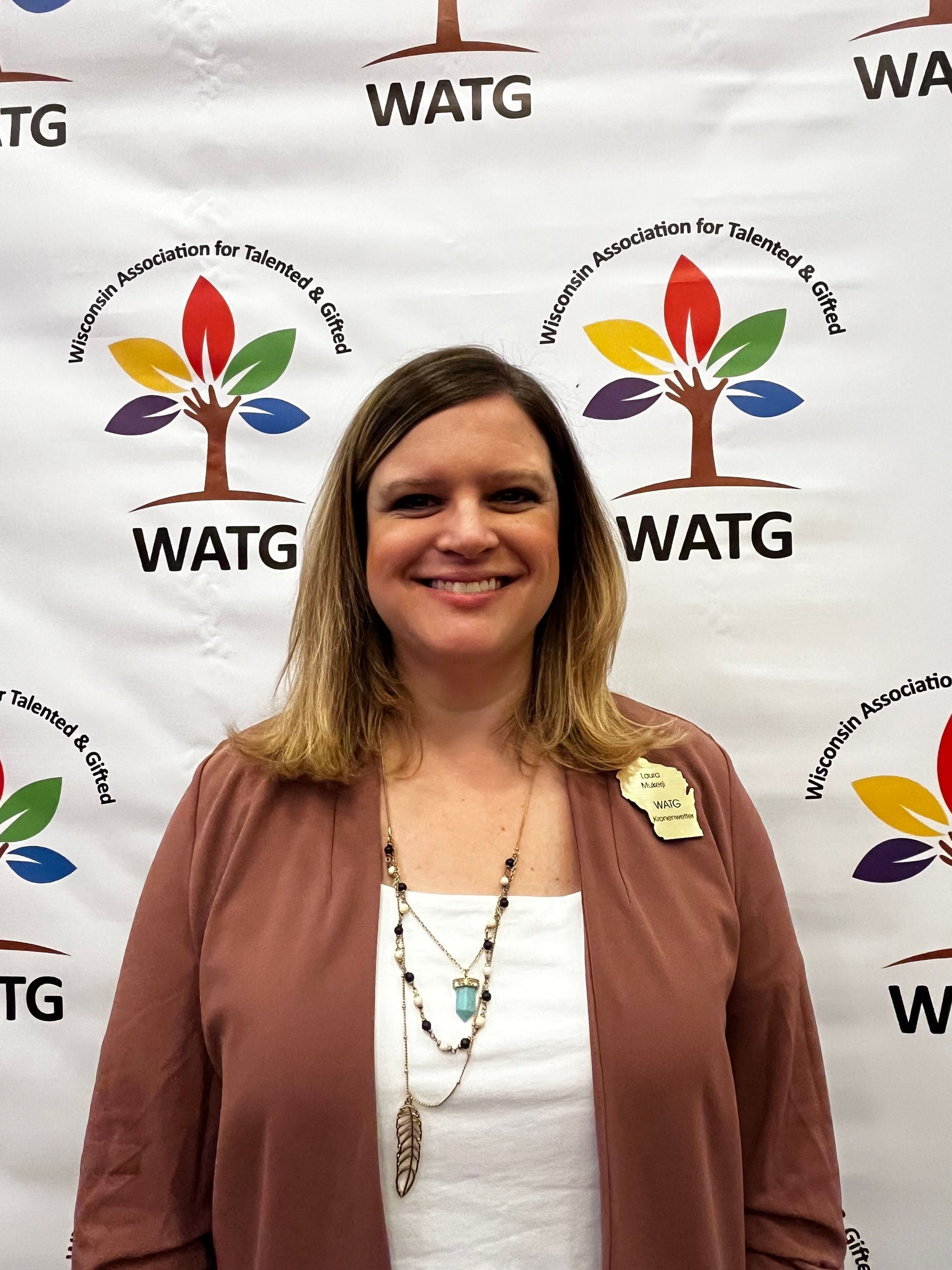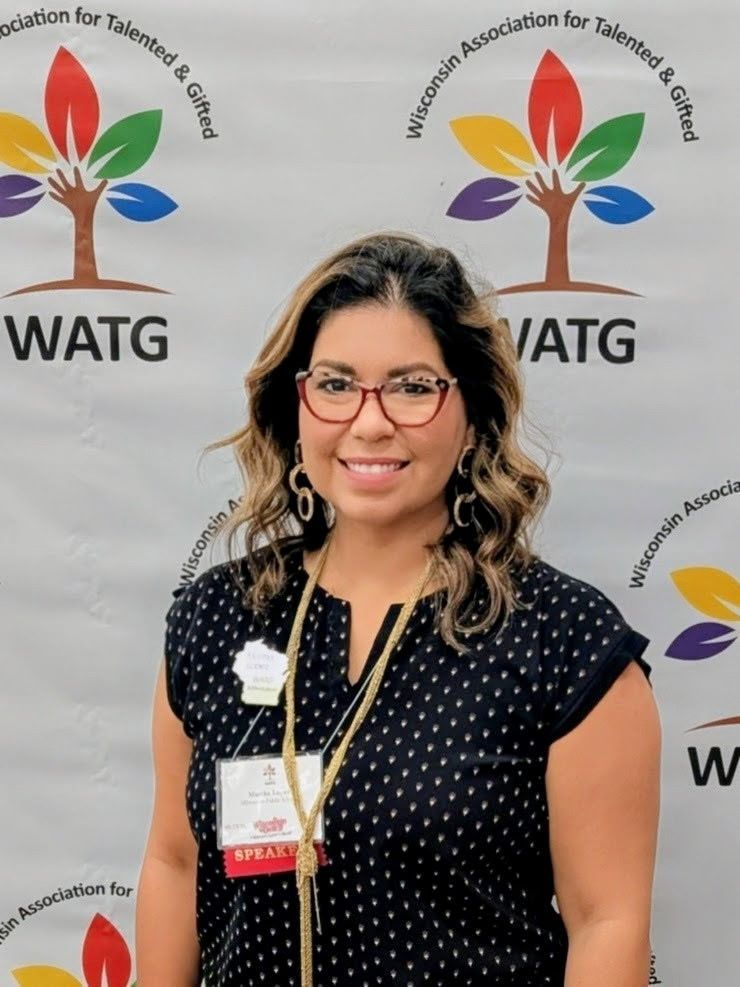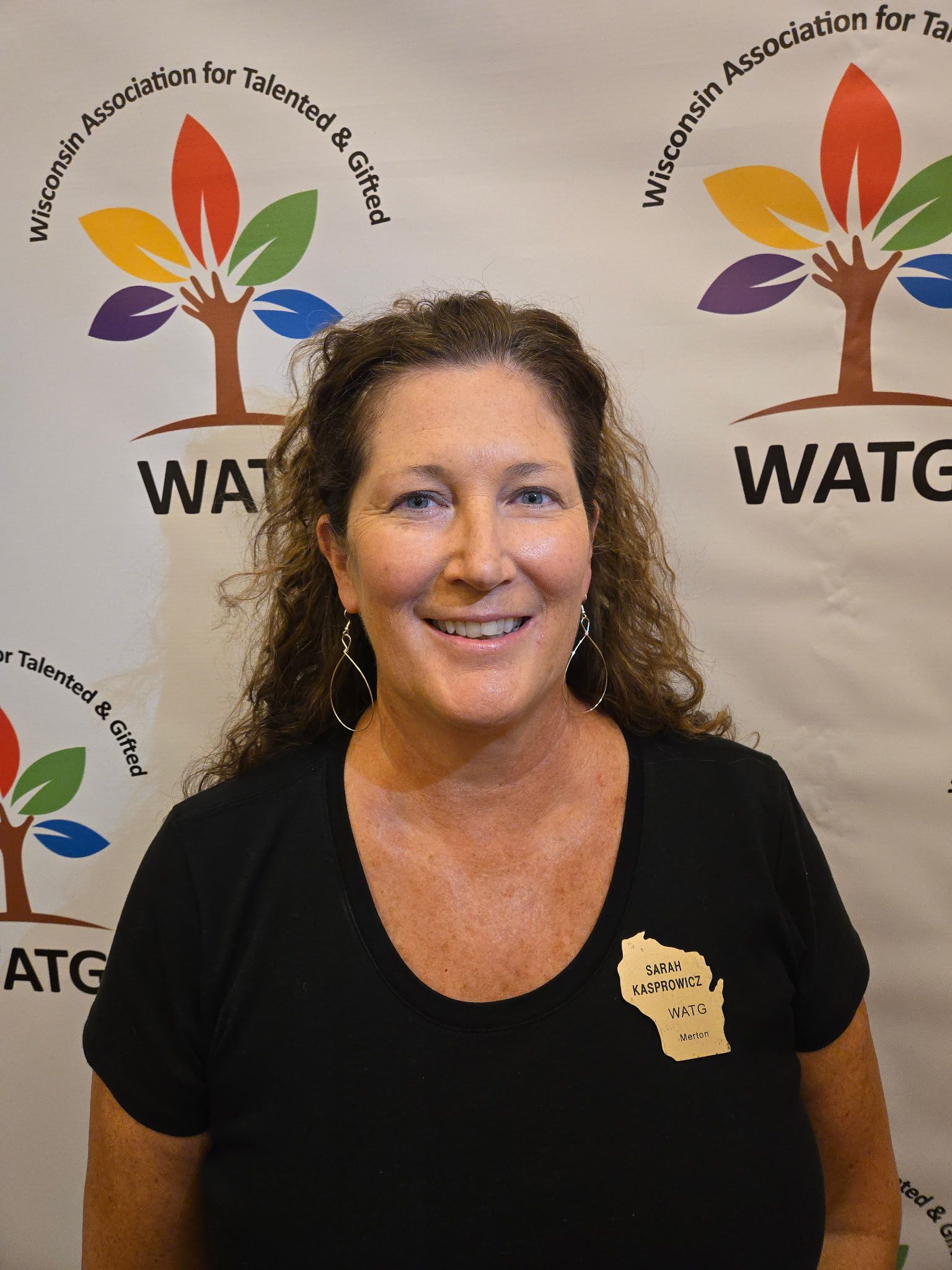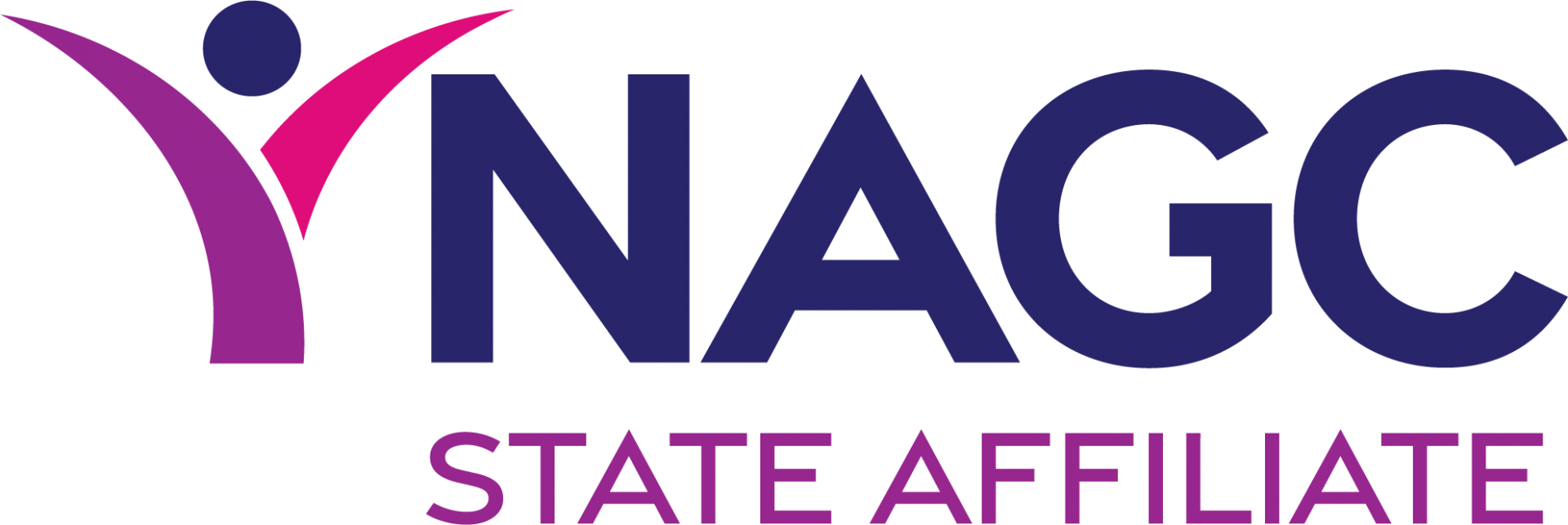Where There is Hope, There is Possibility
Lately, I’ve been hearing and reading more and more people say, “I’ve lost hope,” “It’s hopeless,” or “There’s no more hope.” I want to acknowledge and validate those feelings. It feels easy to lose hope in the face of life’s challenges. However, in this article, I want to instill hope in you and explain what hope means as a psychological construct.
Hope is more than wishful thinking. Within psychology, hope is considered a powerful cognitive and emotional construct that shapes how we view challenges, persist, and imagine future possibilities. Dr. Dante Dixon’s research demonstrates that hope is directly tied to students’ academic and psychosocial outcomes. His studies show that hope predicts stronger academic self-concept, school belonging, motivation, and executive functioning. It is important to note that hope is especially impactful for students from disadvantaged backgrounds, where agency (the belief that “I can do this”) and pathways (the sense of “I know how to do this”) work together to build
resilience and achievement. Dixon’s work also highlights that hope is measurable across diverse groups and can be intentionally strengthened in schools.
Talking to Students About Hope
For educators, counselors, and parents/caregivers, conversations about hope should be intentional and affirming. Children and adolescents need to hear that hope is a skill they can strengthen. Talking about hope can begin with asking students about their dreams and goals, then guiding them to break those goals into manageable steps. Encouraging them to think of multiple pathways reinforces problem-solving and flexibility. It is also valuable to normalize setbacks. When students face disappointment, adults can frame those experiences as opportunities to learn new strategies rather than signs of failure. Sharing stories of resilience, whether personal, historical, or literary, provides powerful models of hope in action.
Language matters, too. Adults can foster hope by affirming students’ strengths, highlighting their progress, and reminding them that their actions can shape their futures. Questions such as “What’s one step you can take today toward your goal?” or “What’s another way you might try?” place the emphasis on agency and problem-solving.
Practical Strategies to Feel and Find More Hope
While some people may naturally exhibit a hopeful outlook, everyone can strengthen hopeful thinking through practice. These practices remind us that hope is not simply optimism, but active and intentional, and can be practiced through several key strategies:
- Goal Setting: Defining clear, attainable goals gives people a sense of direction. Even small goals can build momentum and reinforce the belief that progress is possible.
- Flexible Thinking: Hope grows when individuals recognize multiple ways to achieve a goal.
- Brainstorming alternative strategies: This fosters flexibility and reduces the discouragement that comes when one plan fails.
- Agency Building: People feel more hopeful when they recognize their own ability to influence outcomes. Celebrating small successes, practicing self-efficacy, and using affirmations can strengthen a sense of agency.
- Gratitude and Reflection. Practicing gratitude shifts attention toward what is already working, which broadens perspective and helps individuals envision a brighter future.
- Connecting with Others. Hope thrives in community with others. Supportive relationships provide encouragement, perspective, and shared problem-solving—all of which reinforce a sense of possibility.
- Visualizing the Future. Guided imagery or journaling about positive future scenarios helps anchor hope in concrete images and strengthens motivation to work toward them.
Remember, hope is not just optimism; it is a skill set that empowers people to face challenges and pursue meaningful futures. Dr. Dante Dixson will share more about the power of hope as one of our keynote speakers at the upcoming
Wisconsin Association for Talented and Gifted Conference, October 6–7, 2025 at the Wilderness Conference Center in Wisconsin Dells.
Hope, as a psychological construct, is both a mindset and a skill set. I encourage you to practice cultivating hope in yourselves and others. It is vital for resilience, academic and professional success, and emotional well-being. It is important to empower students to see challenges as opportunities and the future as a place of possibility. In a world often filled with uncertainty, instilling the power of hope is one of the most meaningful gifts we can offer the next generation.
